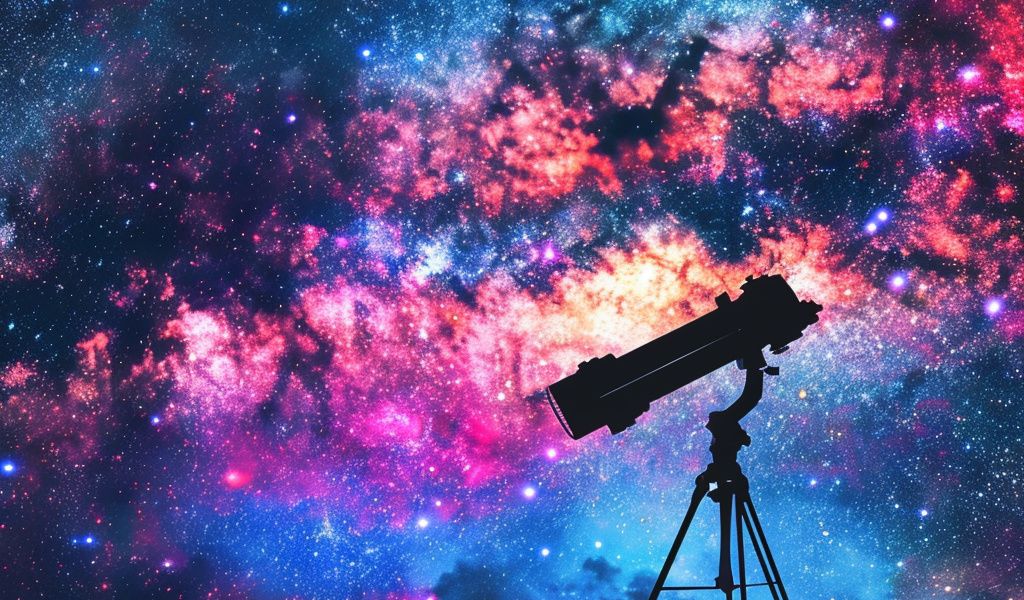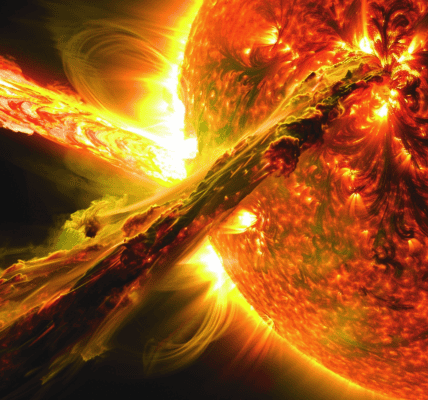Debates Reignited: Recent Discoveries in Astronomy Spark Speculation on Extraterrestrial Life
Recent discoveries in the field of astronomy have reignited the age-old debate about the existence of extraterrestrial life forms. The conviction that intelligent beings exist beyond our planet continues to fuel scientific research and exploration, leading to intriguing theories and speculations.
A recent report from New Scientist highlighted findings suggesting that dozens of stars in our galaxy exhibit signs that could indicate the presence of advanced alien civilizations. These observations were based on surveys of millions of stars, revealing unusual spikes in infrared heat emissions. While some astronomers speculate that these anomalies could be linked to alien civilizations harnessing energy from their stars using Dyson spheres, others caution that more conventional explanations cannot be ruled out.
However, the narrative takes a different turn when artificial intelligence (AI) enters the discussion. Some experts suggest that AI, particularly artificial superintelligence (ASI), could be the reason behind our failure to establish contact with extraterrestrial civilizations. The autonomous and self-improving nature of AI raises concerns about its potential to outpace human evolution and potentially lead to catastrophic outcomes for both biological and AI civilizations.
On a more somber note, there is a theory proposing that gamma-ray bursts might have been responsible for the absence of contact with extraterrestrial life forms. Despite centuries of speculation about the existence of alien life, the lack of tangible evidence has led to various hypotheses, including the notion that human-level intelligence is a rare occurrence in the vast universe.
These diverse theories and perspectives contribute to the ongoing fascination with the possibility of extraterrestrial life. While the search for intelligent beings beyond Earth continues to captivate the scientific community, the ultimate truth remains elusive, prompting further exploration and contemplation about our place in the cosmos.





